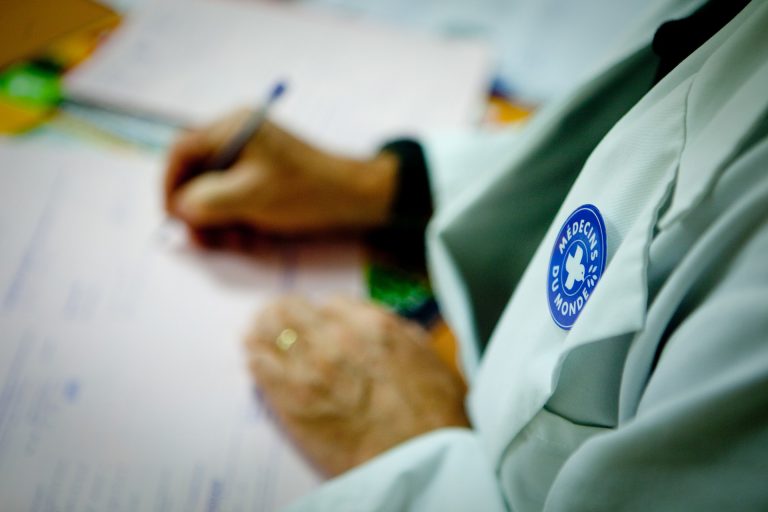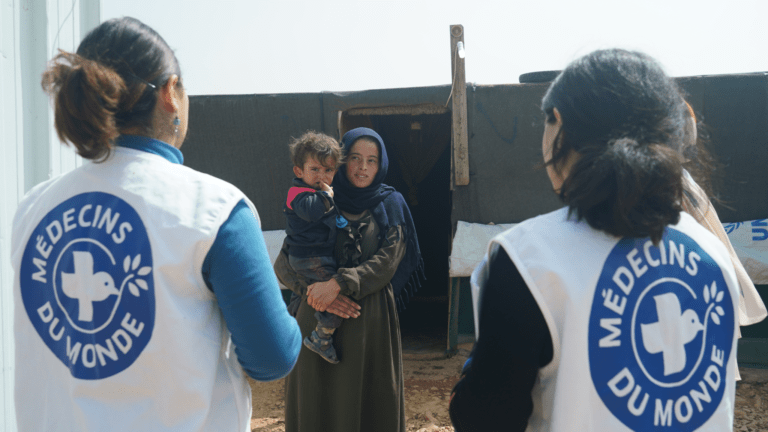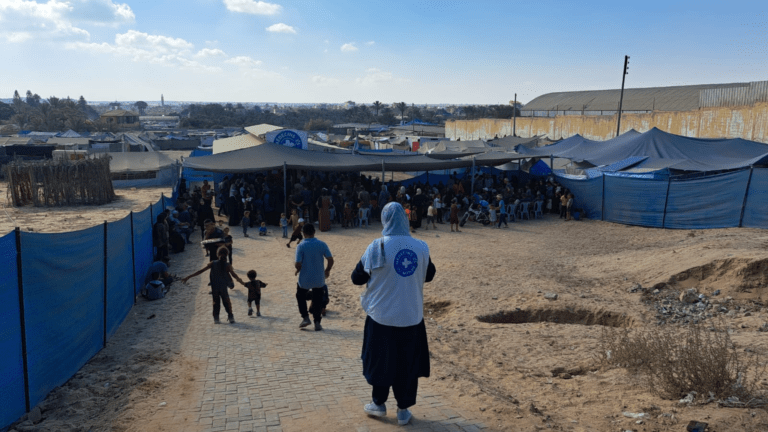JE DÉCOUVRE LE DON MENSUEL
JE DÉCOUVRE LE DON MENSUEL
JE DÉCOUVRE LE DON MENSUEL
JE DÉCOUVRE LE DON MENSUEL
JE DÉCOUVRE LE DON MENSUEL
JE DÉCOUVRE LE DON MENSUEL
JE DÉCOUVRE LE DON MENSUEL
JE DÉCOUVRE LE DON MENSUEL
JE DÉCOUVRE LE DON MENSUEL
JE DÉCOUVRE LE DON MENSUEL
JE DÉCOUVRE LE DON MENSUEL
JE DÉCOUVRE LE DON MENSUEL
JE DÉCOUVRE LE DON MENSUEL
JE DÉCOUVRE LE DON MENSUEL
JE DÉCOUVRE LE DON MENSUEL
JE DÉCOUVRE LE DON MENSUEL
JE DÉCOUVRE LE DON MENSUEL
JE DÉCOUVRE LE DON MENSUEL
JE DÉCOUVRE LE DON MENSUEL
JE DÉCOUVRE LE DON MENSUEL
JE DÉCOUVRE LE DON MENSUEL

Position paper on financial access 2012
More than a 100 million people are driven into poverty because of catastrophic healthcare expenditures.
Removing direct payments and promoting free access to basic healthcare at the point of use. In many countries across the world, the obligation to pay to access health services still far too often represents an insurmountable barrier in the provision of care. When faced with illness, poorest households often have no other choice than to spend their savings, sell their assets, or even go into debt in order to pay the costs of consultation and the necessary treatment. Every year, more than a 100 million people are driven into poverty because of catastrophic healthcare expenditures. Hundreds of millions simply give up seeking care due to lack of money.














